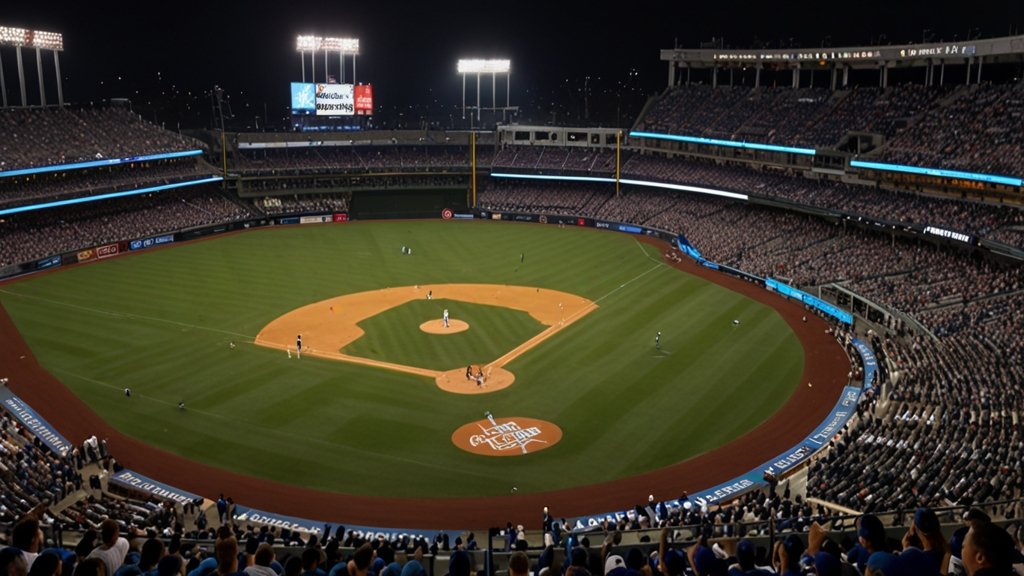“What If You Had to Sprint, Solve a Puzzle, and Run a Marathon… All in One Day?”
Picture this: A climber scales a 15-meter wall in under 6 seconds (faster than Usain Bolt’s 100m). Next, they’re deciphering a bouldering “problem” that resembles a Rubik’s Cube. Finally, they’re clinging to an overhang with trembling fingertips. Welcome to the sport climbing combined Olympics—a thrilling, chaotic experiment that debuted at Tokyo 2020. But here’s the twist: By Paris 2024, this format will split in two. Why? Let’s unravel the grip holds.
Tokyo 2020: The “Three-in-One” Experiment That Divided Climbers
The International Olympic Committee (IOC) faced a dilemma: How to showcase sport climbing’s diversity without adding three separate events. Their answer? A combined format merging speed, bouldering, and lead climbing into one medal.
The Good, The Bad, and The Slippery
- The Good: Introduced climbing to millions, highlighting its blend of power, strategy, and endurance.
- The Bad: Athletes likened it to “asking a marathon runner to also pole vault.” Specialists in one discipline struggled.
- The Slippery: Speed climbing’s inclusion irked purists. Imagine a chess grandmaster forced to compete in checkers.
Tokyo 2020 Combined Format Scoring
| Discipline | Scoring Method | Athlete Feedback |
|---|---|---|
| Speed Climbing | Head-to-head races; fastest time | “It’s a different sport!” |
| Bouldering | Points for solving “problems” | “Unpredictable but fun” |
| Lead Climbing | Highest hold reached on a route | “Pure endurance test” |
Paris 2024: The Split That (Mostly) Pleased Everyone
Responding to backlash, Paris 2024 divides the combined format:
- Speed Climbing: Standalone event with head-to-head brackets.
- Bouldering & Lead Combined: A merged score for technical mastery.
Why This Fixes Tokyo’s “Jack-of-All-Trades” Problem
- Athletes Can Specialize: Speed climbers no longer need to train for endurance.
- Fairer Competition: A bouldering savant won’t lose to a speed specialist’s 6-second sprint.
- Spectator Clarity: Easier to follow two distinct events.
Paris 2024 vs. Tokyo 2020: Format Comparison
| Aspect | Tokyo 2020 | Paris 2024 |
|---|---|---|
| Events | 1 combined medal | 2 medals: Speed + Bouldering/Lead |
| Training Focus | Master all three disciplines | Specialize in speed or technical |
| Fan Engagement | Confusing for newcomers | Clearer narratives per event |
READ ALSO: Artistic Gymnastics Olympics Tickets: Your Ultimate Guide to Securing a Seat at the Spectacle
The Hidden Science Behind Climbing’s Olympic Evolution
Climbing isn’t just physical—it’s a chess match on a wall. Here’s how the formats test different skills:
Speed Climbing: The 6-Second Adrenaline Rush
- What It Is: A standardized 15m wall raced in seconds.
- Athlete Profile: Explosive power, precision, and muscle memory.
- Paris 2024 Impact: Expect world records (currently 5.04 seconds for men, 6.96 for women).
Bouldering & Lead: The “Brainy” Side of Climbing
- Bouldering: Short, complex routes requiring problem-solving.
- Lead Climbing: Endurance race to the highest hold.
- Paris 2024 Synergy: Combined scores reward versatility without diluting specialization.
Athletes to Watch in Paris 2024
- Janja Garnbret (Slovenia): Tokyo’s gold medalist, a bouldering phenom.
- Tomoa Narasaki (Japan): Speed specialist adapting to Tokyo’s combined format—now freed to dominate.
- Alberto Ginés López (Spain): Tokyo’s surprise gold medalist, poised to defend in lead.
FAQs:
- Why was speed climbing separated?
To honor its niche as a standalone sport and address athlete concerns about unfair comparisons. - How does bouldering/lead scoring work now?
*Scores are combined, but athletes rank separately in each discipline (e.g., 1st in bouldering + 3rd in lead = total points).* - Will sport climbing stay in the Olympics beyond 2024?
Likely! Its TV ratings soared in Tokyo, and the format tweaks boost its appeal. - Can a speed specialist win Paris gold?
Yes—but only in the speed event. Bouldering/lead has its own medal. - What’s the hardest climbing discipline?
Debated! Speed demands explosiveness; lead tests endurance; bouldering requires creativity.
The Future of Climbing: What’s Next?
The Paris reset is a win, but climbers dream bigger: Adding ice climbing, expanding athlete quotas, or even a “mega-combined” event (think triathlon, but vertical). For now, the sport ascends—one hold at a time.
3 Takeaways for Climbing Newbies:
- Watch Paris’ speed finals—it’s over in seconds, but the drama lasts lifetimes.
- Root for underdogs in bouldering—the “problems” can humble even champions.
- Notice the chalk—every handprint tells a story of grit.
YOU MAY ALSO LIKE: United States 2024 Olympics: How Team USA Rewrote History in Paris











